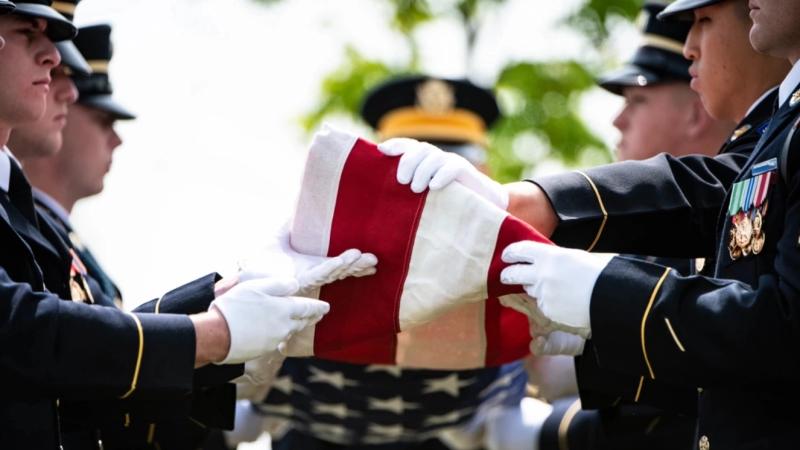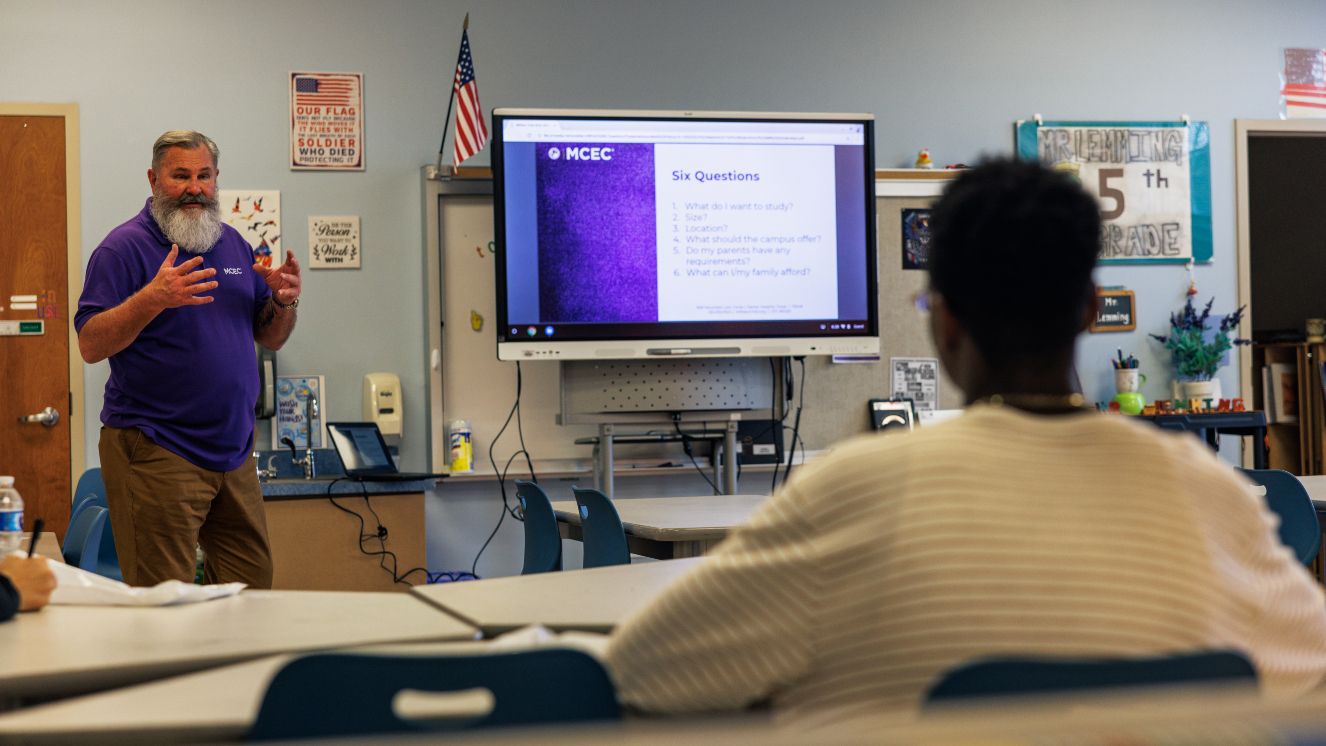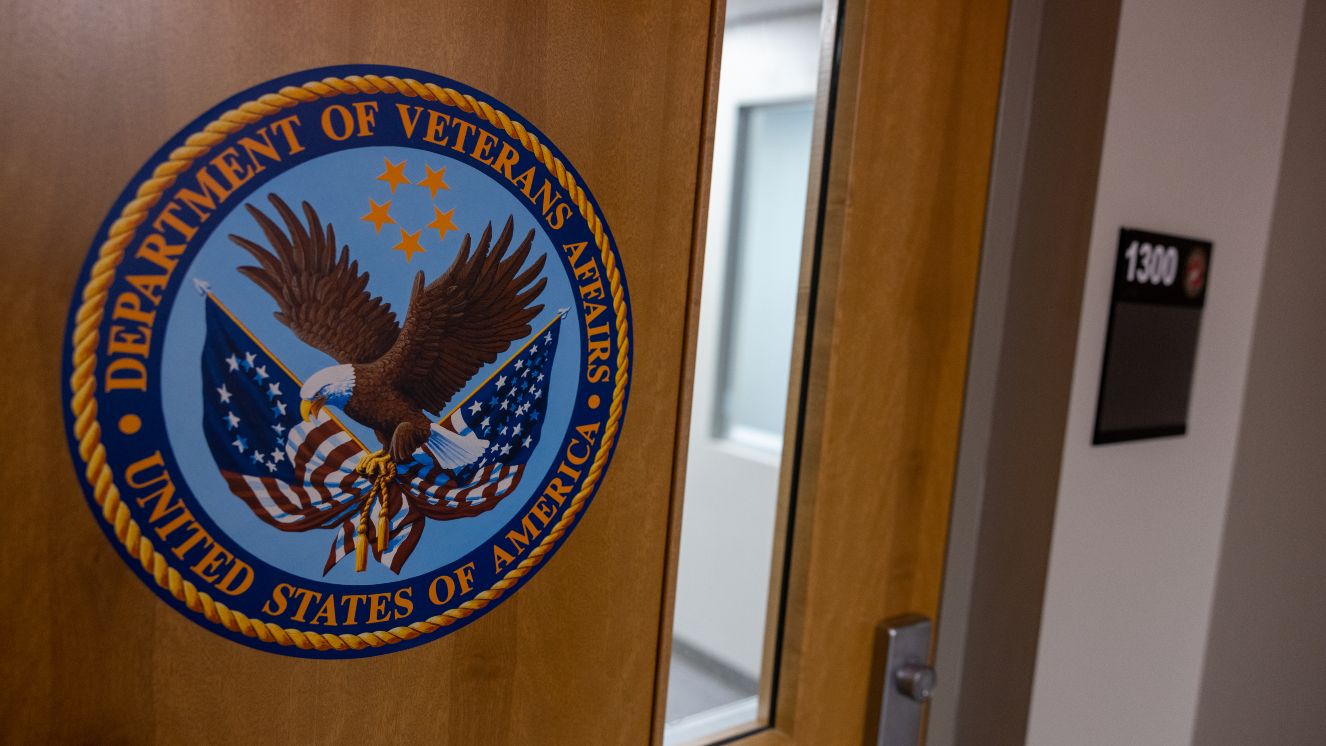ISAKSON AND ROE ACT EXPANDS VA EDUCATION AND BURIAL BENEFITS
COMMENT
SHARE

As time goes on, the VA and politicians can find ways to improve the benefits Veterans have rightfully earned. Expanding benefits and programs offered by the U.S. Department of Veterans Affairs (VA) is at the heart of the Isakson and Roe Act, and while there is a big focus on education, in 2025, calls to address additional benefits covered under the bill are in the spotlight.
Isakson and Roe Act: Overview and Impact on VA Benefits
Formally known as the Johnny Isakson and David P. Roe Veterans Health Care and Benefits Improvement Act, the bill is a measure that encompasses a lot of benefits for Veterans, service members, and qualifying family members.
Officially becoming law on January 5, 2021, everything from education to employment benefits and more are touched upon in the Isakson and Roe Act, expanding programs and adding protections to existing standards.

Education
The bill shifted the responsibility of repaying overpayments to schools instead of students, restored education benefits to Veterans whose schools closed or lost VA approval, and expanded eligibility for dependents for certain children who qualify for the Post-9/11 GI Bill.
Students also gain more protection from for-profit schools that convert to nonprofit status by requiring them to undergo risk-based reviews for three years.
Furthermore, the act limits GI Bill funding for law schools only if they are accredited to help provide Veterans with more transparency.
Handling fraud is a big deal as is marketing that can be misleading. To better protect Vets, the Isakson and Roe Act has regulations for advertising and recruitment.
To increase accessibility for Veterans, the time limit for in-state tuition programs when using Post-9/11 GI Bill, Montgomery GI Bill, or VR&E benefits has been eliminated.
However, if you receive a housing allowance, you need to verify that you’re enrolled each month.
Finally, if your school closes, you still have a chance to restore GI Bill benefits in situations where a transfer of fewer than 12 credits to a new institution takes place.
Overall, the act helps move forward from the Montgomery GI Bill and put a focus on the Post-9/11 GI Bill while boosting protections for Veterans who are pursuing education.
Career Growth and Scholarships
Education is important, as is getting help starting your career, which is why the Isakson and Roe Act is also helping Vets take better advantage of the resources already in place.
This includes improvements for the Edith Nourse Rogers STEM Scholarship for dual-degree students and healthcare professionals in clinical training, adding funds to the VET TEC program, and expanding the Yellow Ribbon Program for eligibility at foreign institutions.

VA Death Benefits Changes under Isakson and Roe Act
While everything above highlights some of the exciting expansions at the core of the Isakson and Roe Act, like most bills these days, there’s a lot covered.
Everything from COVID-19 provisions, which are no longer available to others involving aspects that have nothing to do with education.
Nevertheless, they’re still important to Veterans, yet lawmakers are pointing out that with the current language being used, Vets aren’t getting everything they deserve.
Such is the case for burial benefits, where the VA currently doesn’t allow Veterans the right to retain their full benefit to be buried at a national cemetery even if they chose to have a plaque or urn ahead of time.
However, Sen. Jim Banks (R-IN) is looking to change this so that families won’t have to give up the option of a burial at a national VA cemetery.
“Military spouses make countless sacrifices in support of our service members. We have a sacred duty to honor our nation's heroes, and my bill ensures Veterans and their spouses are laid to rest with the respect they have earned,” said Sen. Banks.
The problem comes down to the fact that while the Isakson and Roe Act had good intentions, allowing death benefits to be extended for a commemorative plaque or urn from the VA, it also said that if families chose this option, the VA “may not provide” Vets with “any burial benefit” when being laid to rest at a national cemetery.
Ironically, spouses can still be buried in a VA national cemetery even if the Veteran cannot. Again, the bill aims to fix these issues and more.
“Veterans serve our country with honor and deserve dignity in their final resting place. This bipartisan bill would ensure that the surviving families of fallen veterans can receive full VA burial benefits no matter what type of memorial their families choose,” said Sen. Susan Collins (R-ME), another politician introducing the measure.
There is support from the VA, both major parties, and the changes frankly just feel like common sense.
If the Isakson and Roe Act is about making things better for the Veteran community, this alteration should be implemented to better serve our nation’s heroes.
Suggested reads:
Join the Conversation
BY BUDDY BLOUIN
Buddy Blouin is a Contributing Writer at VeteranLife.com
Buddy Blouin is a Contributing Writer at VeteranLife.com



